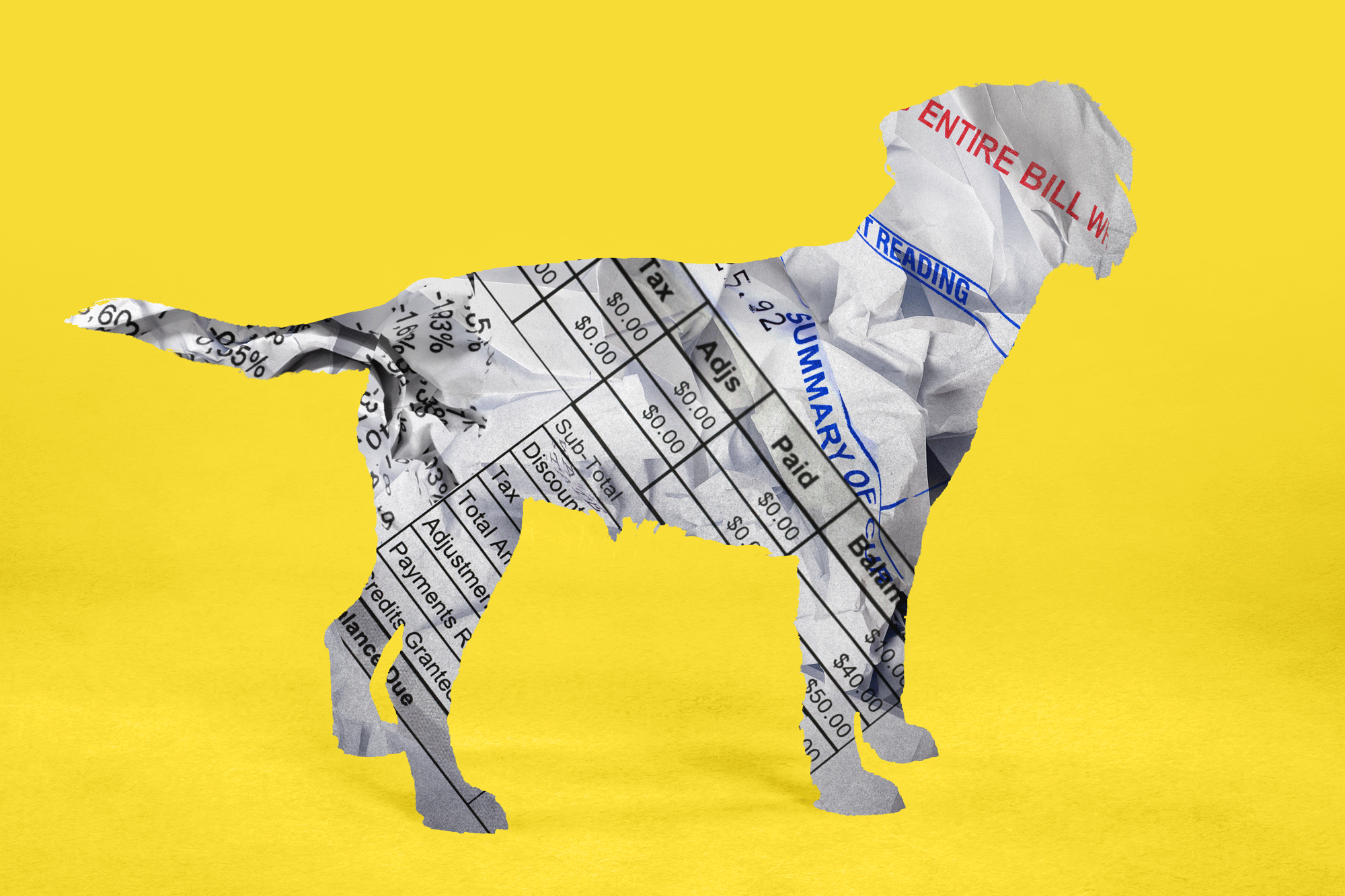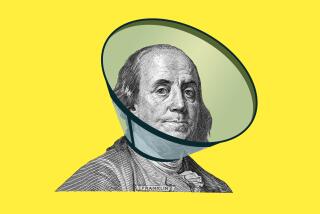The ‘Price of a Pal’ Strikes a Chord
- Share via
I am writing to object in the strongest possible terms to Bettijane Levine’s grotesque misquotations and mischaracterizations of my views in her article on veterinary fees and services (“What Price a Pal?” Nov. 27). The article portrays me as claiming that most veterinarians charge exorbitant fees and that they are no longer warm, caring and devoted doctors. Not only did I never say such things, I said precisely the opposite.
I explained to Levine at great length that veterinary medicine is a relatively poor profession. The average veterinarian in this country--even after years of education and practice--earns approximately $50,000 annually. New graduates of veterinary schools begin at an average salary of $23,00-$24,000 annually, and many earn considerably less. I explained that the fees some perceive to be high usually result from the demands of contemporary veterinary practice. Expensive and sophisticated equipment such as X-ray and anesthesia machines, well-trained nursing and support staff and increasingly sophisticated medications and techniques compel veterinarians to spend large sums of money to provide the kind of care today’s pet owners demand. I explained to Levine that the inability of veterinarians to pass most expenses on to insurance companies, and the increasing costs of veterinary malpractice insurance, are putting additional tremendous financial pressures on the profession.
Nor did I ever state that the caring veterinarian is a thing of the past, or that veterinary medicine would be wrong to try to emulate human medicine. Indeed, I said quite clearly that the ability of today’s veterinarian to provide advanced procedures such as total hip replacements, CAT-scans, diagnostic ultra-sound, radiotherapy, cancer chemotherapy, and surgical placement of heart pacemakers enables the profession to enhance its caring image and to provide better health for our beloved companion animals. As I have argued for years in my lectures and writings, it is in the interests of veterinarians, and of their patients, that the profession cultivate an affinity and analogy to human medicine.
I did express the concern that some veterinarians may not be explaining to clients why certain fees must be charged. I expressed the hope that doctors should not in the future be so impressed by computer and consent forms that they would fail to communicate with clients. I did say that a few practice management consultants are advising veterinarians not to worry in each and every case about their fees. But I emphasized that such attitudes are not typical of the great majority of veterinarians. It was precisely my point that the profession should seek to make sure that these attitudes never prevail.
Characteristic of the reporter’s mangled account of our interview was the unbelievable quotation that I was “speaking as a veterinarian.” I made clear to Ms. Levine that I am an attorney and an ethicist, and not a veterinarian. This too seems to have gotten lost in her diatribe.
As Levine indicated to me, the genesis of her article was a personal experience she had with a veterinarian, whom she believed overcharged her. But such an incident does not give a reporter the right to twist and distort someone else’s views to suit her own preconceived notions. I--and more importantly, the fine veterinarians of Southern California and the country--deserve better.
I think Levine owes me and all the veterinarians she has so inaccurately and unfairly maligned an apology.
JERROLD TANNENBAUM, M.A.,J.D., Clinical Assistant Professor, Tufts University School of Veterinary Medicine, Boston, Mass.
More to Read
Sign up for Essential California
The most important California stories and recommendations in your inbox every morning.
You may occasionally receive promotional content from the Los Angeles Times.













